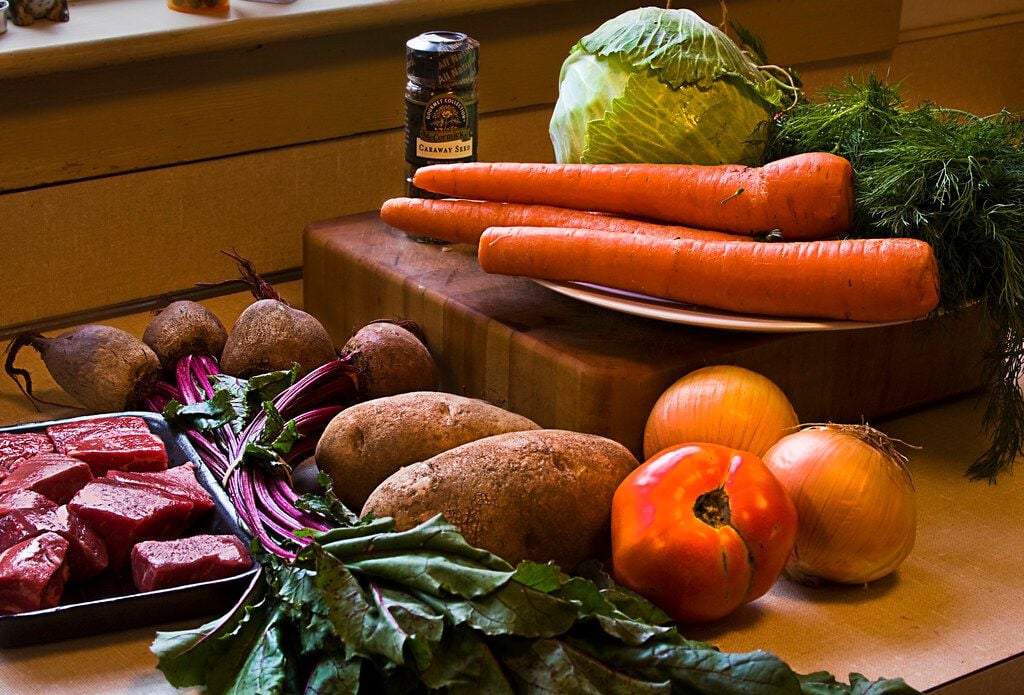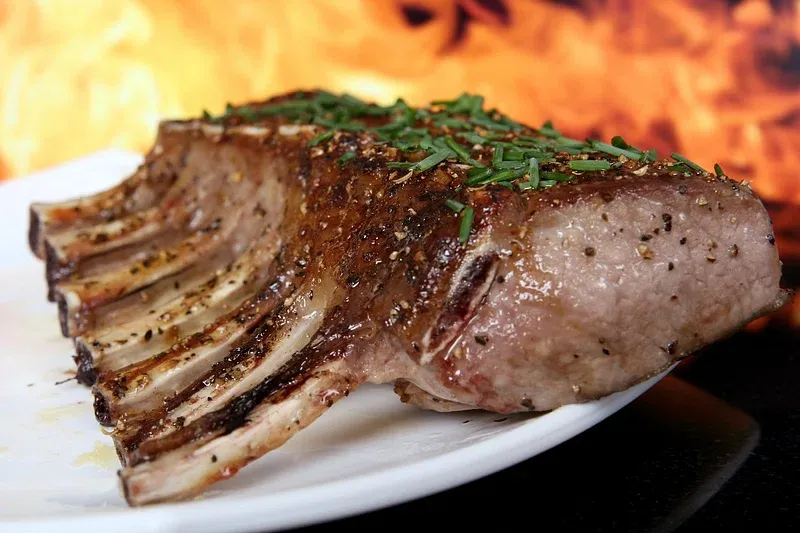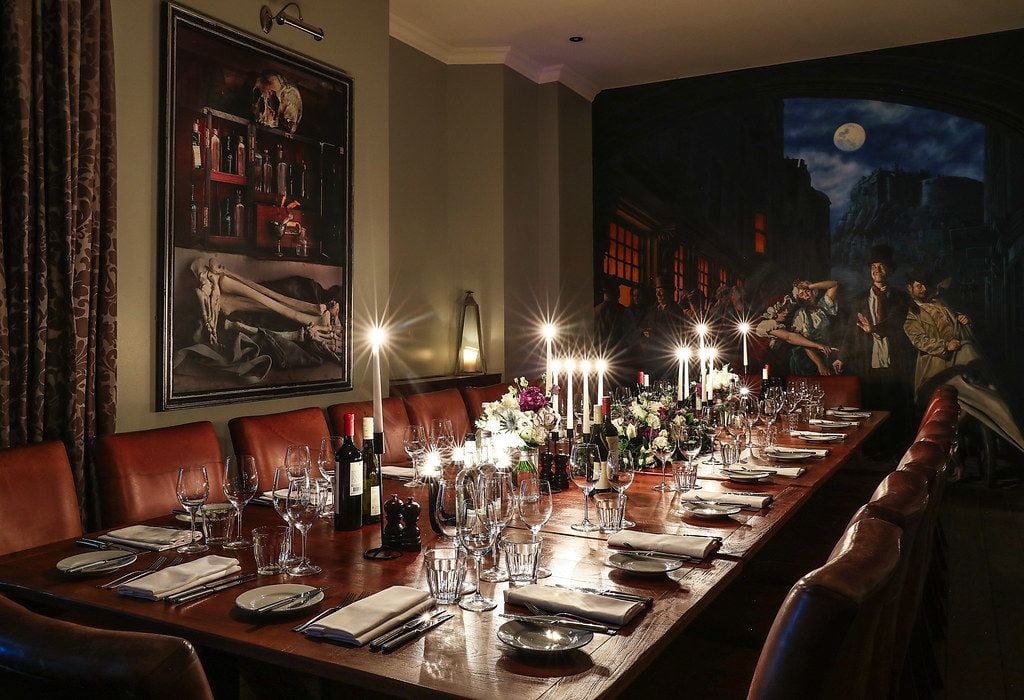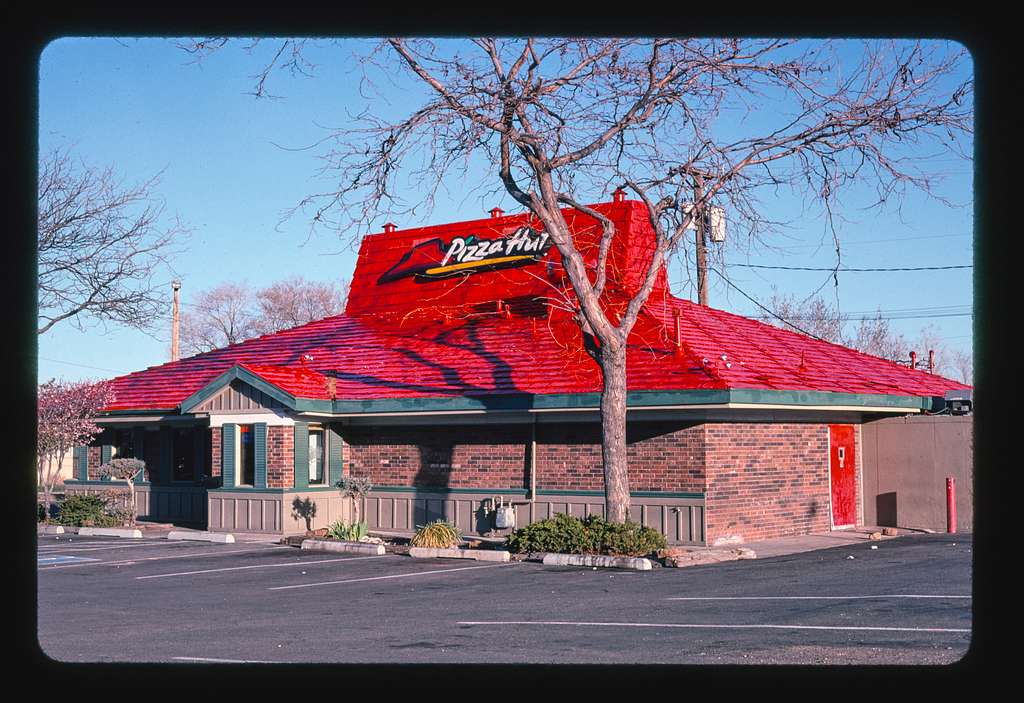
Cold Beer: The Science Behind the Chill
- May 14, 2024
We've all been there on a hot summer day, the craving for a refreshing cold beer, not a beverage at room temperature. If anyone ever dared to suggest a lukewarm beer, the response likely wouldn't be enthusiastic. It's common knowledge that beer is ideally served chilled. Remember the genius of Coors Light’s colour-altering labels? The mountain design turned a cool blue shade once the beer reached the perfect icy temperature.
So why does beer taste better cold? Some curious researchers over in China decided to investigate this widely accepted fact. "Two years ago, Xiaotao Yang, the first author, and I were enjoying a beer," lead study author Lei Jiang of the Chinese Academy of Sciences, shared with Phys.org. "Xiaotao had freshly completed his doctorate and asked, 'What's next?' At that moment, I was performing a scientific role for one of the largest Chinese alcoholic beverage companies and I had the idea to explore why Chinese baijiu has such a unique alcohol concentration.”
As part of their study, which features in the journal Matter, Jiang, Yang and their team looked into the structure of baijiu’s ethanol molecules at varied temperatures. The revelation was intriguing. If alcoholic beverages have a high ethanol content, the molecules form chain-like clusters. However, in drinks with a lower ethanol concentration, these molecules cluster like pyramids. The researchers found that the chain-like version had a stronger ethanol taste.
In the case of baijiu, the ethanol molecules formed pyramid-like clusters at room temperature, which is the recommended serving suggestion by baijiu enthusiasts at DrinkBaijiu.com. However, if baijiu was heated, the molecules would form chains, intensifying the alcohol flavour.
Are you still with us? Beer's structure is quite the opposite, ethanol clusters in beer form chain-like structures at lower temperatures and morph into adorable tiny pyramids as they warm up. Consequently, beer loses its alcohol flavour as it gets warmer.
Jiang clarified, "Due to low temperatures, the amount of pyramid-shaped clusters lessens, which is why we drink cold beer."
Phys.org reported that the scientists are hopeful about the potential applications of their study. They posit that alcohol manufacturers might leverage this understanding to craft beverages that offer an ideal 'ethanol-like' flavour, whilst keeping the actual ethanol concentration lower. This could flip the beverage industry on its head, creating a new era of drinks catering to a wide array of tastes.
Now that's a reason to raise a cold glass to. Cheers!






